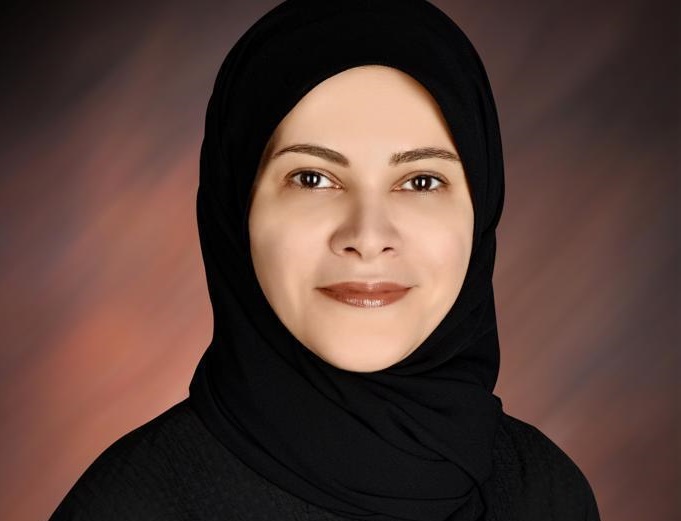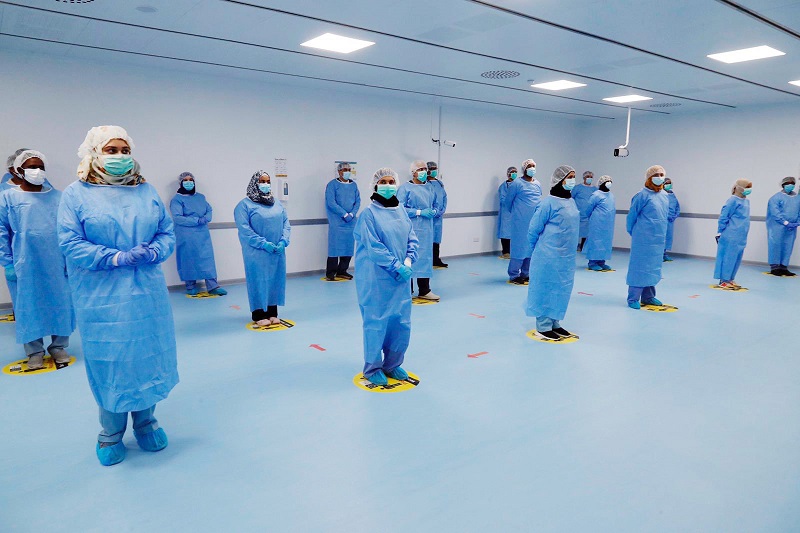
Doha: During the COVID-19 pandemic, many healthcare workers are being pushed to their limits (and beyond) as they selflessly care for patients. Not only are they under enormous strain at work, they also face the fear of bringing the virus home to their families.
Doctors, nurses and healthcare workers have become the unwitting heroes of the COVID-19 pandemic, winning applause from balconies and streets around the world.
Hospital workers are dealing with a huge influx of patients, often, they face heartbreaking decisions while treating their patients.
This year on the International Nurses Day — May 12 — the World Health Organisation (WHO) highlighted that nurses are at the forefront of fighting the pandemic, stating that the COVID-19 is a reminder of the important role nurses play.
WHO stressed that without nurses and other health workers, the battle against outbreaks will not be won and the world will not achieve the Sustainable Development Goals or universal health coverage.
WHO has designated 2020 as the “Year of the Nurse and Midwife”, in honour of the 200th birth anniversary of Florence Nightingale — the founder of modern nursing. Qatar is also leading from the front in highlighting the role of nurses as many organisations are playing their role in recognising their role in the society.
“With the outbreak of COVID-19, we have adopted a new life style and different way of living in Qatar that promote safety and build family ties. We are following all recommendations set by the Ministry of Public Health and Communicable Disease Centre at work and home for the safety of our families,” said Mariam Nooh Al Mutawa, Executive Director of Nursing, Rumailah Nursing Administration.

Mariam Nooh Al Mutawa, Executive Director of Nursing, Rumailah Nursing Administration
“Educating our families and friends about new guidelines or information to help all to overcome this pandemic, and to get the facts from credible recourses such as the MoPH,” she added.
She said that this is a crucial time for our country, the government provides best healthcare for the community and set measures to protect everyone.
Mariam has decided to follow strong safety measures from March 16.
“I separate myself from my family to save them. Of course, I am in a private room and a private bathroom and the food in paper and plastic containers. The clothes washed daily separately from their clothes at home, and my car is used only by myself,” she said.
“It is not an easy decision, but it is not difficult or possible to reach my goal, and it is to maintain safety of my family, my husband, and his mother who is elderly, and my children, may God protect them,” she added.
In message to the community she said, “Please help us, please protect us, we stayed at work for you, please stay home for us. We lift our families or children to support you and Qatar so support us. Our country gives us all a lot it is the time to pay back by just staying at home.”
Nurses and midwives form the largest professional workforce within the healthcare system of the country and, as such, play an instrumental role in defining the care and services provided to our patients and their families. The workforce is very diverse, which mirrors the equally diverse patient population group. This is immensely beneficial in providing to care to patients in a language they are more comfortable with and where language can otherwise be a barrier to treatment optimisation.

At present Qatar has about 17,000 nurses and about one percent among them are Qatari.
According to the WHO, Year of the Nurse and Midwife is a major global effort to highlight an acute shortage of these crucial health workers.
According to WHO, the world needs 18 million more health workers to achieve and sustain universal health coverage by 2030.
Approximately half of that shortfall – nine million health workers – are nurses and midwives.
More than 10,500 nurses and midwives working work across Hamad Medical Corporation’s (HMC) hospitals, clinics, homecare, and residential services.
There has been a 12 percent increase in nursing staff from 2016-2018, and this has enabled HMC to meet increased demand for healthcare services (for instance, this has facilitated a 17 percent increase in outpatient activity).
To mention, The Nursing and Midwifery Strategy 2018-2022 contributes significantly to the plans and objectives set out by Qatar’s National Health Strategy 2018-2022 and HMC’s strategic plans.
The strategy reflects a global shift in thinking by focusing on seven priority population groups and aims to shape services around people, patients and their families and change the way the health system works, moving from focusing on treating the symptoms of disease to helping people stay healthy. A strong, passionate and highly skilled nursing and midwifery workforce will play a major role in achieving the National Health Strategy’s ambitious aims.








